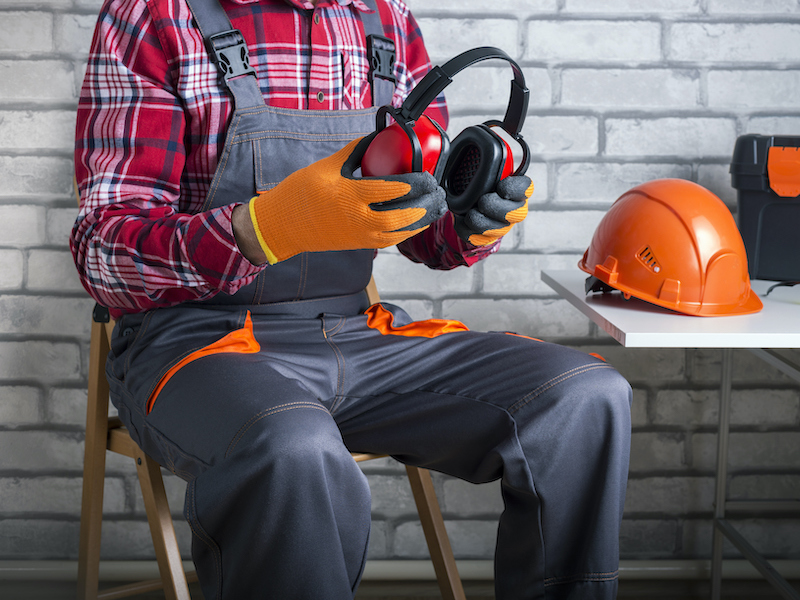
Your ability to hear is precious – once you lose it, the likelihood of getting it back in its natural form is not likely. But for some reason, hearing loss tends to go untreated and uncontrolled in the general population. As a matter of fact, permanent hearing loss affects one out of eight individuals (nearly 30 million people) over the age of 12 in the United States alone.
Protecting your hearing from the beginning is the best and simplest way to prevent hearing loss, but if you’re already experiencing hearing loss you can recover much of your hearing with a hearing aid.
Here are five easy ways that you can safeguard your hearing:
Don’t use earbuds
Earbuds have been packaged with mobile devices since the early 2000s and are one of the biggest threats to hearing. Almost every smartphone on the market comes with a set of these little devices that sit snugly in your ear and pump sound straight into your ear canal. You can get irreversible hearing damage by listening to music or a movie on your mobile device at full volume for just 15 minutes. Earmuff style headphones, especially the ones with noise canceling technology, would be a better option. Sticking to the 60/60 rule, which recommends a maximum volume of 60% for no more than 60 minutes a day, is another safety measure to safeguard your hearing.
Keep your volume low
Your hearing can be damaged by other things besides earbuds. Loud sounds from a TV or radio can do as much harm if you regularly listen to them over a prolonged period of time. You’ll also want to steer clear of situations where loud sounds are constant, like construction zones, concerts, and shooting ranges. Avoiding these situations may only be possible in a perfect world, especially if you’re a construction worker or a musician. If that’s the case, then you’ll want to take note of the next item on the list.
Hearing protection will be helpful
Hearing protection is essential if you work in a setting or enjoy hobbies that expose you to loud sounds. 85 decibels over a period of 15 minutes is enough to cause hearing loss. Compare that to the following:
- Most concerts are between 100 and 120 decibels with headliners normally playing for around an hour and 20 minutes
- Over a one hour visit to the indoor shooting range, your ears are repeatedly exposed to gunfire that clocks in at over 150 decibels on average.
- Jackhammers at a construction site produce 130 decibels, which could cause significant harm after a 40-hour workweek
The moral here is that you should purchase some sort of hearing protection such as earmuffs or earplugs if you take part in any of these activities.
Take auditory breaks
Sometimes giving your ears a rest is the best thing you can do. If you participated in any of the activities listed above, you really should make sure to take some quiet time to yourself so your ears can rest and recuperate, even if you were wearing hearing protection. So after you leave a concert, you probably shouldn’t jump into your car and blast music.
Check your medicine
Your medicine may actually have a substantial impact on your hearing. There are some medications that have been proven to trigger hearing loss including some heart and cancer medicines, aspirin, antibiotics, and anti-inflammatory medicine. The good news is that medication-associated hearing loss isn’t common and is more likely if you take two or more of those medications at the same time making it easier to prevent.
Looking to find treatment for your hearing loss? Schedule an appointment with us for a hearing exam.
Resources
https://www.cdc.gov/nceh/hearing_loss/how_does_loud_noise_cause_hearing_loss.html
https://armeddefense.org/hearing-protection
https://www.uofmhealth.org/health-library/tf3092